20+ Sample Real Estate / Property Strategic Plan
-
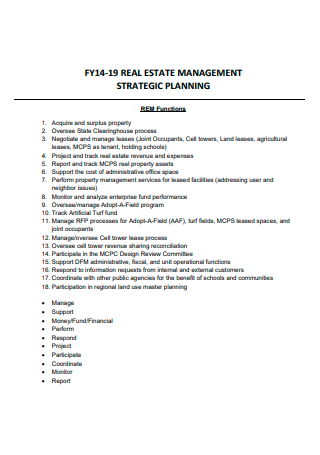
Real Estate Management Strategic Planning
download now -
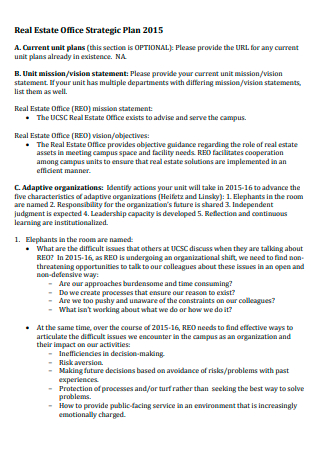
Real Estate Office Strategic Plan
download now -
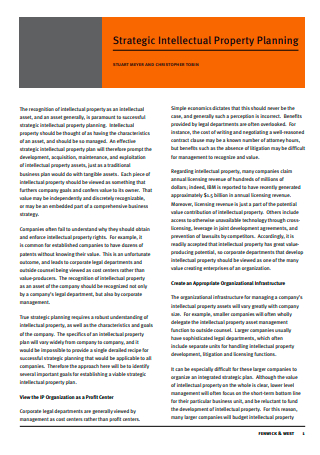
Intellectual Property Strategic Planning
download now -
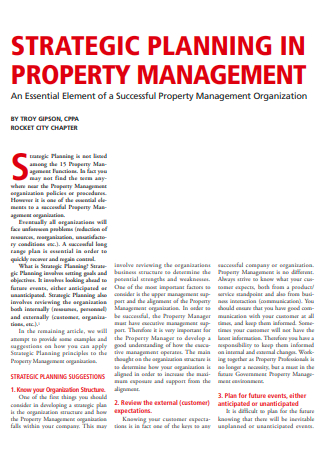
Property Management Strategic Planning
download now -

Real Estate Strategic Planning Example
download now -
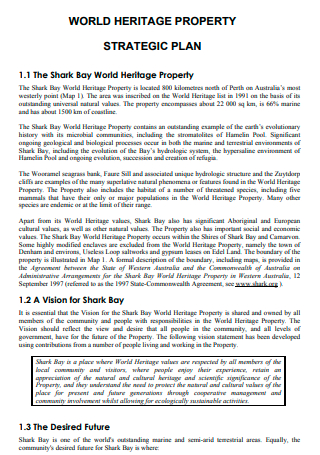
Heritage Property Strategic Plan
download now -
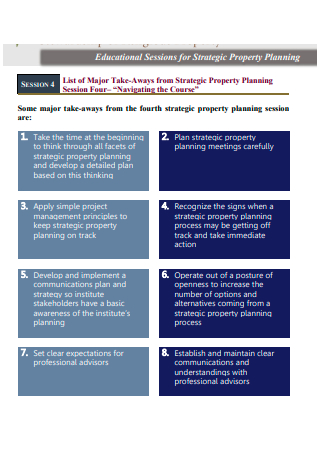
Property Strategic For Educational Sessions Planning
download now -
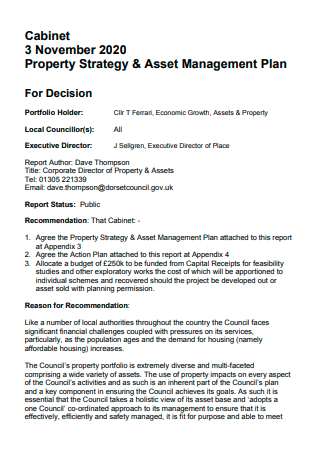
Property Strategy and Asset Management Plan
download now -
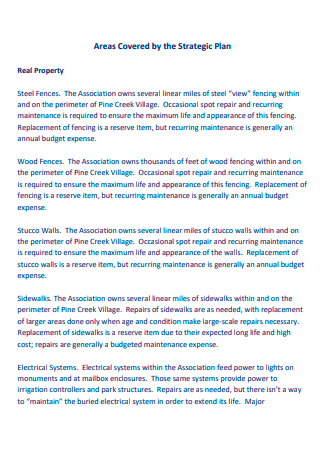
Real Property Strategic Plan
download now -

Intelluctual Property Enforcement Joint Strategic Plan
download now -
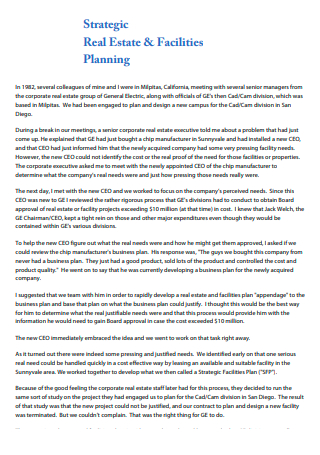
Real Estate and Facilities Strategic Planning
download now -
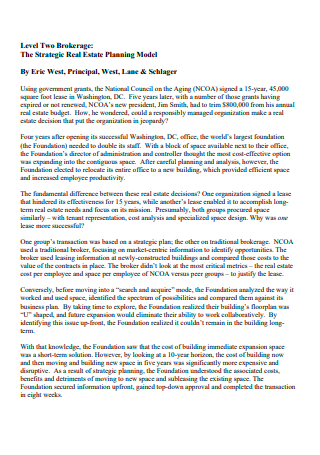
Real Estate Strategic Model Planning
download now -
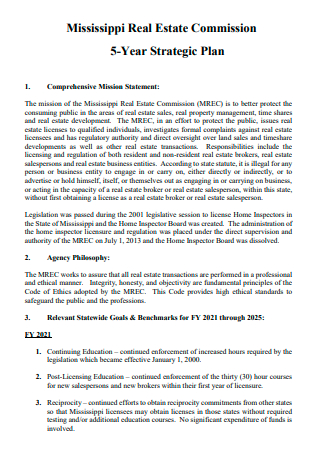
Real Estate Commission 5-Year Strategic Plan
download now -
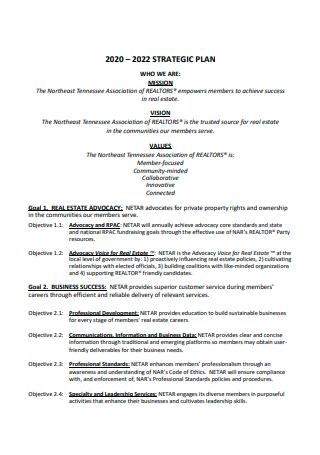
Real Estate Strategic Plan in PDF
download now -
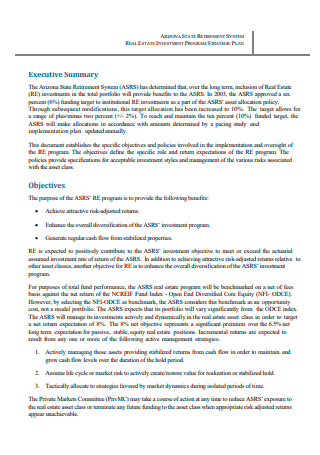
Real Estate Investment Program Strategic Plan
download now -
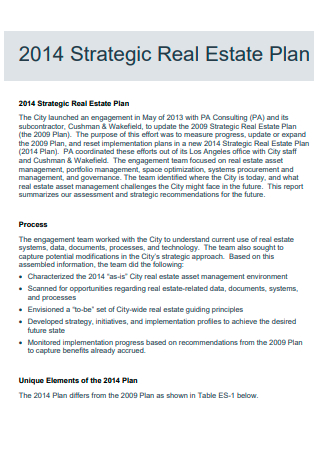
Standard Real Estate Strategic Plan
download now -
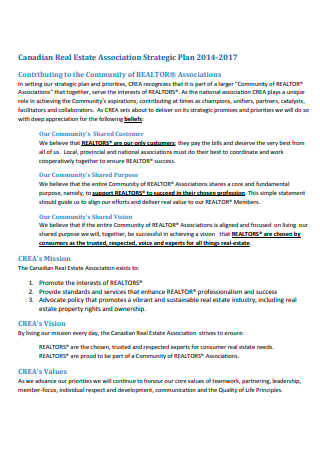
Real Estate Association Strategic Plan
download now -
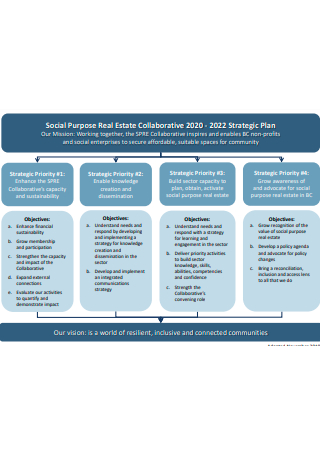
Real Estate Collaborative Strategic Plan
download now -
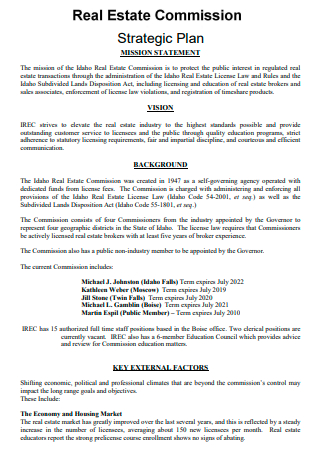
Real Estate Commission Strategic Plan
download now -
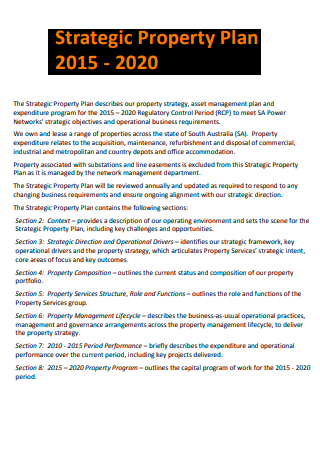
Property Strategic Plan
download now -
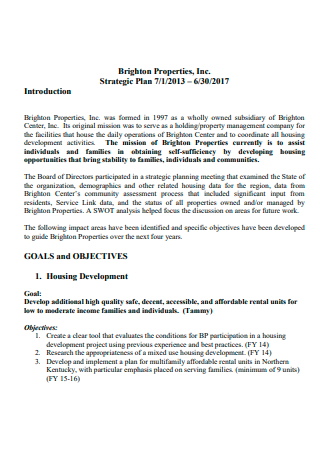
Draft Properties Strategic Plan
download now
FREE Real Estate / Property Strategic Plan s to Download
20+ Sample Real Estate / Property Strategic Plan
What IS a Real Estate/ Property Strategic Plan?
4 Types of Real Estate
Making the Real Estate/ Property Strategic Plan
FAQs
What are the ways to make money in real estate?
What preparations do you need to make before investing in a real estate buy and sell business?
What are the usual requirements to become a real estate agent?
What IS a Real Estate/ Property Strategic Plan?
A real estate/ property strategic plan is a game plan for winning in the real estate business. It is a documented process that outlines tactical, well-thought-out action plans that help to increase sales revenue or further the growth of a real estate business in the property market. A real estate transaction involves the transferring of property rights between two parties. Real estate property is referred to as any permanent or immovable property attached to the land. Investing in real estate is a profitable business. You can choose to be a real estate agent and earn an income through commissions by buying and selling properties, through homeownership and renting out the house, or through house flipping.
4 Types of Real Estate
A real estate agent has lots of options of what kind of property they can sell. The more property an agent handles, the better it is in terms of revenue stream. The bigger the property, the better as well. Part of a real estate agent’s job is to scout the neighborhood for residential and commercial properties that have a high value in the current property market. More than just convincing a property owner to sell or a buyer to purchase, the agent makes sure that it’s a win-win situation for both parties; that the property owner gets fairly compensated for selling the property, and that the buyer gets the desired property requirement. Here are some of the types of real estate properties typically handled by real estate agents.
Making the Real Estate/ Property Strategic Plan
All successful real estate/ property developers or companies always have a roadmap in their booming business. They rely on carefully planned strategies or tactics to conquer the real estate market. Those strategies or tactics are all detailed and laid out in a real estate/ property strategic plan. More than just buying and selling tactics, real estate companies also invest in the training of the talents and skills of their agents. Creating and formatting a real estate/ property strategic plan can come in a lot of formats. What makes a strategic plan effective are the components that need to be included. Below are the components or steps that commonly make up a real estate/ property strategic plan.
-
1. Executive Summary
A real estate/ property strategic plan executive summary provides a brief background of the real estate business and highlights the need and the key action steps to be taken. It states the real estate company’s objectives and provides an overview of the steps to tackle the company’s goals. A real estate’s goals could be in the form of a targeted revenue income within a specified period, or it could be to increase brand awareness and presence. Most executive summaries contain a mission and vision statement. A mission statement states the purpose, the reason, or the basis behind the strategic planning. A mission statement provides the business with a sense of identity and commitment. It is also reflective of the business’s culture and values. A vision statement outlines what the business hopes to achieve within a given period. It sets the tone of urgency, motivating both the employers and the employees to stay focused and consistent to accomplish the real estate company’s goals. A vision statement should be clear and concise, leaving no room for misinterpretation.
-
2. Market Analysis
A market analysis is the gathering of information and data to look into the current real estate economy’s condition. A real estate/ property strategic plan takes into consideration the current market, how applicable and relevant the strategic action plans are to the existing situation. Market analysis is similar to doing market research. The typical market analysis includes doing surveys, getting reviews and feedback from customers, and studying competition’s movement. Doing a demographics classification is another way of doing market analysis. It is done by classifying the target market according to age, gender, lifestyle, income, culture, political affiliations, et cetera. A SWOT analysis can also be utilized when studying the market. SWOT stands for the Strength, Weaknesses, Opportunities, and Threats factors to the real estate business. Strengths are those characteristics or features that make the real estate company stand out. It could come in the form of well-trained agents, good marketing and sales planning, a well-established presence in the community, et cetera. Weaknesses are those factors that limit the real estate company from becoming successful. Examples are lack of funding or resources, lack of manpower or agents, lack of training, and so on. Opportunities are those that the real estate company can take advantage of to boost their revenue or further the growth of their business. Some examples of these are the use of social media or social networking platforms to enhance the presence of the business in the online community; increase hiring of experienced and professional real estate trainers to train newly hired agents; and/or use of the latest technology or software to do selling or make marketing presentations. Threats are the factors that could potentially harm or put at risk the real estate business. Examples are high cost of startup, congested market competition or increased presence of competition, increasing cost of housing, increasing cost of labor and materials, decrease in foreclosure activity, lifestyle changes, and/or climate change or extreme weather conditions.
-
3. Strategies
After understanding the market conditions, identifying the target market, and learning more about your competitions, it’s time to plan out the strategies to successfully take on the market through best practices. Strategies should align with the real estate’s objectives, goals, or mission and vision with a given timeline. The first best practice is to budget for marketing and selling expenses. Next, start working on your marketing strategies. The marketing strategy is all about reaching potential customers and turning them into actual buying customers. It should present what are the benefits to be availed if a potential customer buys or sells property through that particular real estate company. One effective marketing strategy is creating an online presence through website creation and social media profile creation, and/or utilizing SEO to rank the website at the top of the search. There should be a dedicated team handling the online marketing for the real estate businesses, since real estate is a fast-moving industry, and customers appreciate those companies that quickly respond to their queries. Another strategy is to hire celebrities or influencers to promote the real estate business’s properties through ad modeling or commercials. Making referrals is another strategy. Offering promos and discounts for buying and selling properties within a certain time frame could be another strategy. Making virtual tours of the listed properties is another strategy, making it more convenient for potential buyers to view the properties at any time. Or, hosting seminars on housing or property investment could pique the interest of potential buyers, leading the topic towards what are the benefits the real estate company offers.
-
4. Review and Revision
This section is important in strategic planning since this will allow the real estate company to monitor and check on the progress of each strategy. Reviewing will allow the real estate company to assess if the strategies are working or not. If the strategies are not meeting the desired target or goals within the specified time frame, then revisions need to be made on the action items, possibly to make more aggressive moves in marketing or selling.
FAQs
What are the ways to make money in real estate?
Property appreciation is one of the reasons why real estate is a lucrative business. One way for investors to make money is to buy properties based on current market value and sell them when the demand for property is high, a buy and hold method. Another method is through property flipping or house flipping. Flipping is buying low-grade value properties, usually rundown old properties, and then renovating or upgrading them, and then selling them based on the value of all the improvements that have been made, as well as based on the current market price for that kind of property. Another way of making money is buying property and then renting them out, either for residential purposes or for commercial purposes.
What preparations do you need to make before investing in a real estate buy and sell business?
Before investing in real estate, always research diligently and check the market conditions and the property value. Check the kind of property, if it’s for residential, commercial, industrial, or if it’s raw land. Check as well what kind of zoning laws, permits or regulations are required where the property is located. The status of the area where the property is located is important as well, whether it’s a flood-prone area, a problem with pests, et cetera.
What are the usual requirements to become a real estate agent?
Becoming a real estate agent is one of the most lucrative careers there is. Income revenue typically comes in the form of commission from buying and selling properties, and the real estate industry has the highest income in terms of revenue. So, don’t be surprised if you receive a call offering a price for your property or a call offering for you to purchase a property. Requirements to become a real estate agent vary from state to state, but these are the common requirements you need to meet if you want to become a real estate agent: 1) age and educational requirements (high school diploma or GED); 2) passing pre-licensing and post-licensing tests; 3) application and processing payments; 4) and a background check.
Keller Williams Realty didn’t become a successful real estate business overnight. A lot of careful, strategic planning was put into work. Not to mention a lot of investment in training agents, marketing for brand awareness, and widening the reach of the company through setting up new offices in strategic locations. They had a tool that they use to build up their success, and that tool is called the real estate/ property strategic plan.
We have lots of strategic plan templates to help out businesses, and we also have specifically the real estate/ property strategic plan templates. Our templates are easy to fill out, use, and downloadable. Download one now, and let us help you start your journey towards a successful real estate business!
